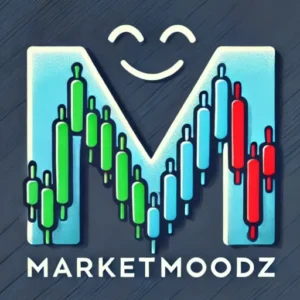In a groundbreaking development for the weight loss industry, Eli Lilly’s new obesity drug Zepbound has emerged as the heavyweight champion in the fight against excess pounds. In a head-to-head clinical trial, Zepbound outperformed its rival Novo Nordisk’s Wegovy, helping patients shed an impressive 20.2% of their body weight on average. To put that in perspective, it’s like magically dropping 40 pounds if you started at 200 – talk about a game-changer!
But what does this mean for you and your wallet? Well, the obesity drug market is expected to balloon to a whopping $100 billion by 2030. That’s billion with a ‘B’, folks – we’re talking about serious money here. Eli Lilly, the company behind Zepbound, has seen its value skyrocket, becoming the most valuable healthcare company globally with a market cap of nearly $800 billion. In simpler terms, if Eli Lilly were a country, its economy would be larger than Switzerland’s!
Now, you might be wondering, “What’s the catch?” The truth is, while these drugs show incredible promise, they’re not magic pills. They work by mimicking a hormone that regulates appetite and metabolism, essentially tricking your body into feeling full. However, they require ongoing use to maintain weight loss, and like all medications, they come with potential side effects. It’s crucial to consult with your doctor to determine if these drugs are right for you.
As we look to the future, Eli Lilly isn’t resting on its laurels. The company is ramping up production to meet the sky-high demand and is already working on next-generation treatments. Whether you’re considering these drugs for yourself or simply keeping an eye on your investment portfolio, one thing’s clear: the battle against obesity is entering a new era, and it’s one that could reshape not just waistlines, but the entire healthcare landscape. Stay tuned – this weight loss revolution is just getting started!





